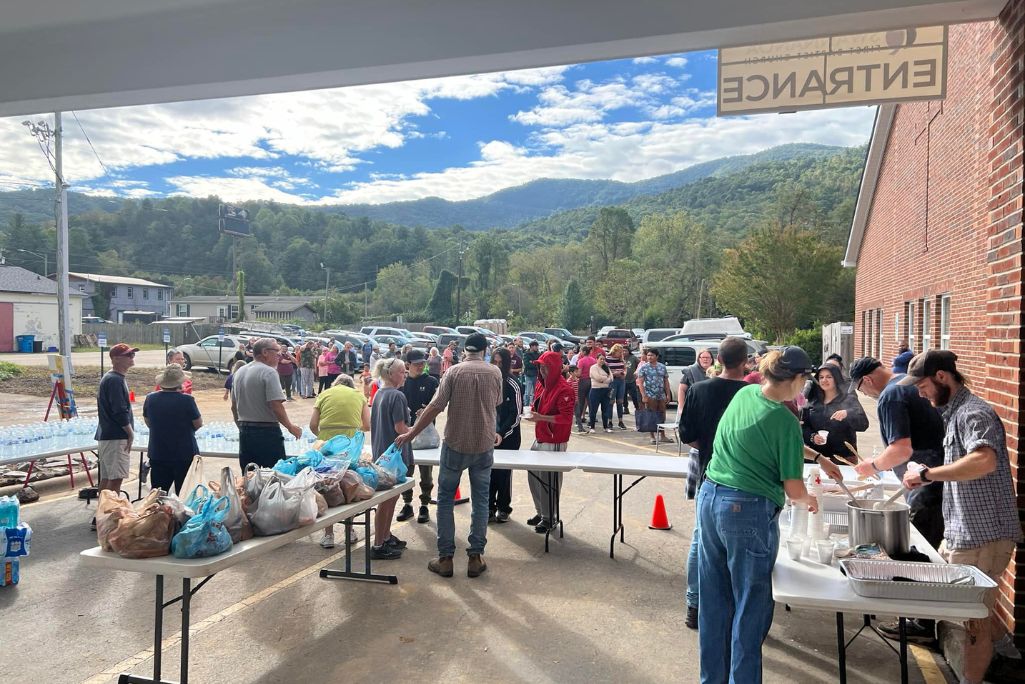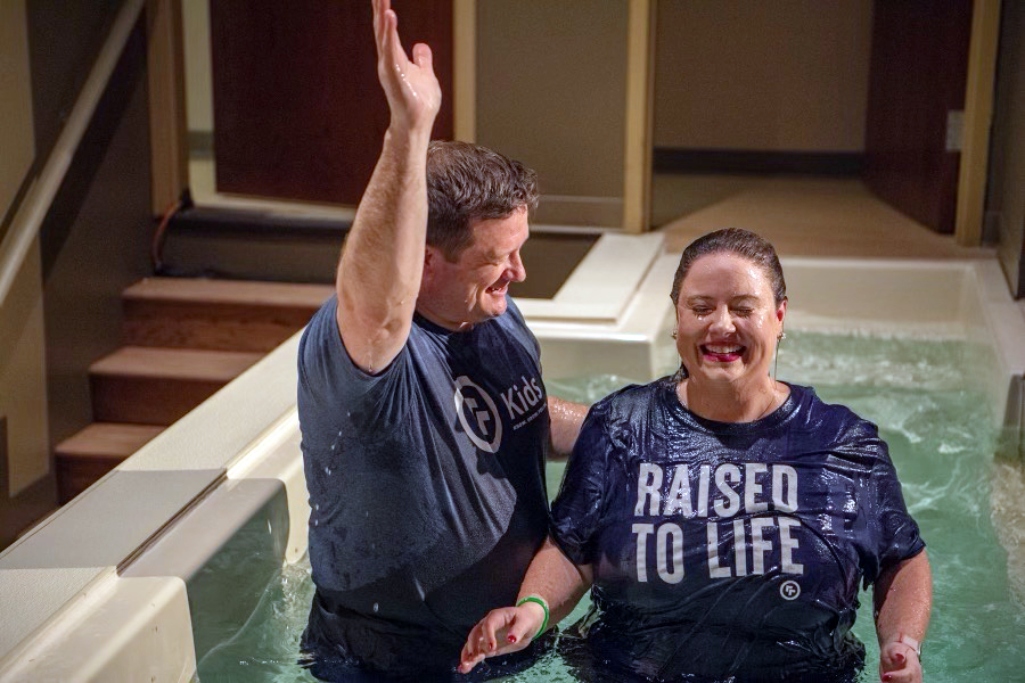
Members of First Baptist Church of Swannanoa serve the community in the aftermath of Hurricane Helene.
In the wake of Helene, your communities face overwhelming challenges. As pastors and ministry leaders, you step into the breach, offering hope and support to those who are suffering.
However, the very nature of your calling can lead to neglecting your own well-being. It’s vital to recognize that to lead and serve effectively, you must first care for yourself.
Please allow me to share some reasons why and give you a few practical ideas about how you can prioritize your spiritual, emotional and physical health during these challenging times.
The importance of self-care
1. Recognizing burnout: After a disaster, the demands on you as a pastor can be immense. Counseling congregants, coordinating relief efforts and preaching hope can lead to physical and emotional exhaustion. Burnout not only affects your health but also your ability to lead. Recognizing this early can help you take necessary steps to replenish.
2. Modeling healthy practices: As a pastor, you set an example for your congregation. Demonstrating self-care shows your community that it’s okay to seek rest and rejuvenation. When you prioritize your health, you encourage others to do the same.
Replenish with God’s Word and worship
1. Daily devotions: Make certain to carve out intentional time each day for prayer and reflection. Engage with Scripture that speaks to your heart in this season. Passages like Psalm 46:1 remind us that God is our refuge and strength, a very present help in trouble.
2. Personal worship: Create moments for personal worship beyond Sunday services. Whether through music, podcasts, prayer or just sitting quietly in His presence, these moments can restore your spirit and draw you closer to God amid all the chaos.
3. Journaling: Reflective journaling can help you process your thoughts and emotions. Writing down your prayers and experiences can lead to deeper insights and a sense of peace.
Connect with fellow pastors
1. Build a support network: In times of crisis, isolation can deepen. Seek out fellow pastors who understand the unique challenges you face. Regular check-ins can provide encouragement, accountability and shared wisdom.
2. Gather to pray: Organize or participate in prayer gatherings with other local pastors. These times of collective prayer can strengthen bonds and uplift your spirits as you intercede for your communities together.
3. Share resources: Collaborate with other leaders to share resources and strategies for recovery. Pooling ideas and support can lighten the load and provide innovative ways to serve your congregations.
Take time off
1. Scheduled breaks: Make it a priority to schedule regular breaks. Whether it’s a day away or a short retreat, stepping back can provide the perspective needed to continue serving effectively.
2. Keep your tank full (replenish): Pursue activities that bring you joy and relaxation, whether it’s spending time with family, enjoying nature or fishing. This time away can recharge your emotional and spiritual batteries.
Pastors and ministry leaders, as you navigate the challenges following Helene, remember that your health and well-being are crucial to your ministry. Your ability to shepherd your community effectively hinges on your own replenishment. Take the time you need; your congregation needs you to be whole and thriving.
(EDITOR’S NOTE — Visit ncbaptist.org/helene to learn more about how you and your church can pray, give and go in response to Hurricane Helene. For more pastoral ministry resources, visit ncbaptist.org/pastoral.)


